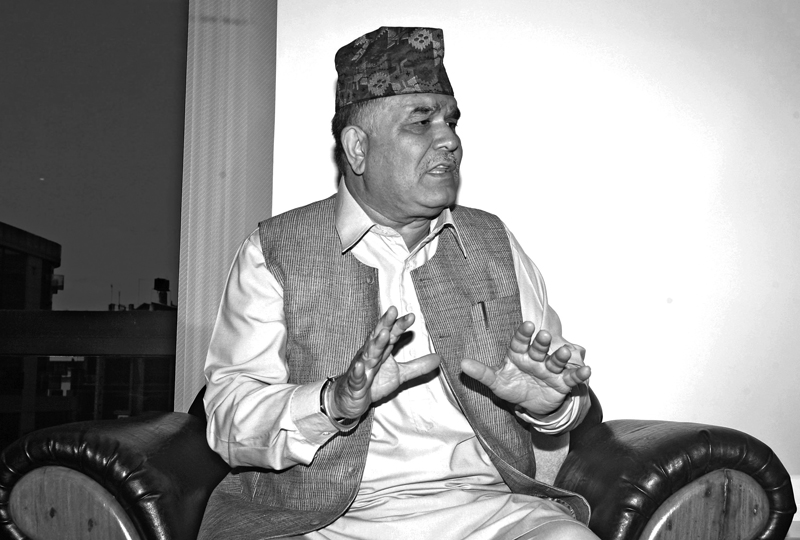LETTERS: Not always feasible
I understand how Vincent Verbon feels “Problem of discrimination: Corrective measures needed” (THT, Dec. 10, Page 6) for being treated differently in Nepal. I have travelled to many countries and have had similar experiences in a few places myself. Whilst we would like discrimination of all sorts to be eradicated, this may not be practically feasible. Even developed countries such as New Zealand, have practices which in some cases seem to discriminate against tourists or foreigners. However, these policies or practices are not always necessarily discriminating. There are services such as public transport, medical and education in which subsidies are given by the government or local authorities. These subsidies are for the local people; not for others or foreigners. Hence, when we travel to other countries, we need to be mindful of services for which locals may be paying subsidised rates which the foreigners may not be eligible for. I fully agree that unless otherwise justified, all forms of discrimination, in any country should be removed.
Satendra Kumar, New Zealand
Prosperous
To spare or not to spare the guilty should not depend on CIAA chief’s mood “CIAA chief in no mood to spare graft guilt” (THT, Dec. 10, Page 1). It should depend on law, and there is not a single law that says guilty should be spared or cannot be probed. Even harried donors are calling for upping the ante for fighting graft. All political actors should know by now that they are subject to public scrutiny and must not take umbrage if CIAA or media focuses on their activities. In fact, they should encourage both CIAA as well as media to stay alert on their activities.
Members of the public have the right to know how their ‘leaders’ have turned into slick and prosperous human beings. US President Barack Obama has prematurely aged with tired face and liberal strands of grey hairs on his head. During the same or lesser period, our leaders have turned slick like a head of a conglomerate. This perceptible mountainous change in our leaders will invite immediate public interest and government scrutiny in, for example, the largest democracy in the world: Republic of India. As soon as a leader steps out of an SUV in that country, media will start clicking photographs and putting them on papers. This goes beyond big money. In the US and India, eating lunch or dinner on a friend’s account, receiving a bottle of wine for self or a sari for spouse or a holiday for one or two in Pokhara or Paris will invite unpleasant intrusions and consequences. Offspring, siblings, in-laws, cousins all will be under the corruption watchdog’s radar at all times to stop them from receiving scholarships, mountain bikes and other illegal benefits. This goes beyond material gifts. Even public impropriety by members of the family can become hard news.
Manohar Shrestha, Kathmandu






